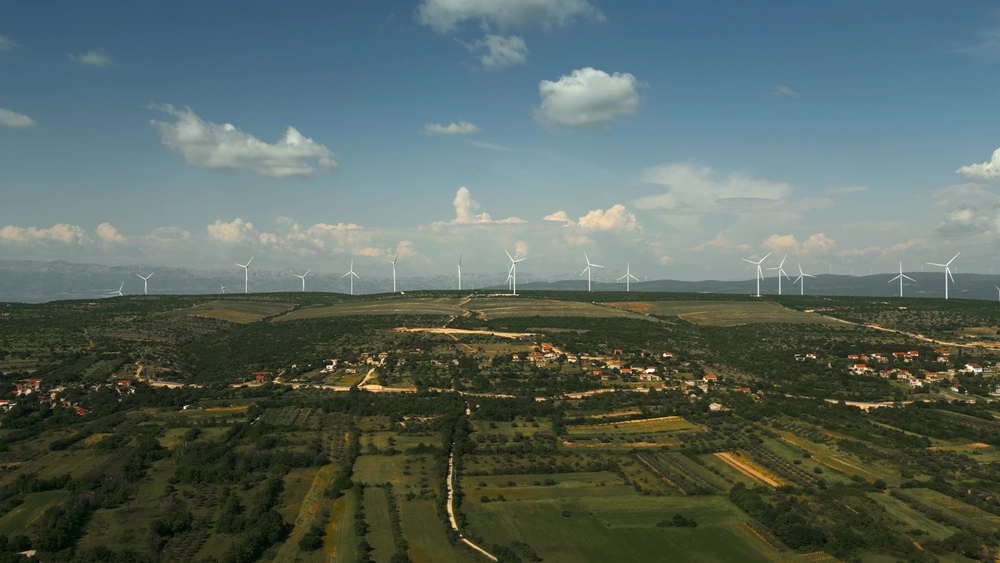Today the EU Council formally adopted a directive setting updated air quality standards across the EU.
The new rules will contribute to the EU’s objective on zero pollution by 2050 and will help prevent premature deaths due to air pollution. EU citizens will be able to seek compensation for damage to their health in cases where EU air quality rules are not respected.
Strengthening air quality standards
The revised directive prioritises the health of EU citizens: it sets new air quality standards for pollutants to be reached by 2030 which are more closely aligned with the WHO air quality guidelines. Those pollutants include, among others, particulate matter PM10 and PM2.5, nitrogen dioxide and sulphur dioxide, all known to cause respiratory problems. Member states may request that the 2030 deadline be postponed if specific conditions are met.
Air quality is assessed using common methods and criteria across the EU, and the revised directive brings further improvements to air quality monitoring and modelling.
The revised directive will also ensure early action, with air quality roadmaps that need to be prepared ahead of 2030 if there is a risk that the new standards will not be attained by that date.
The air quality standards will be reviewed regularly in line with latest scientific evidence to assess whether they continue to be appropriate.
Access to justice and right to compensation
The new directive ensures fair and equitable access to justice for those affected or likely to be affected by the implementation of the directive. Member states need to ensure that citizens have the right to claim and obtain compensation when their health has been damaged due to a violation of air quality rules set in the directive.
Next steps
The text will be published in the EU’s Official Journal and enter into force on the twentieth day following publication. Member states will have two years after the entry into force to transpose the directive into national law.
By 2030, the European Commission will review the air quality standards and every five years thereafter, in line with latest scientific evidence.
Background
Air pollution is the biggest environmental health risk in Europe, as pollutants can be extremely harmful to both humans and the environment. Around 300 000 premature deaths in Europe every year are due to air pollution.
To address the issue, the European Commission put forward the revision and consolidation of two ambient air quality directives in October 2022, as part of the EU’s zero pollution action plan. An agreement between the two co-legislators on the final shape of the text was found in February 2024.
This new directive simplifies EU rules on ambient air quality by merging the two existing EU directives into one. Its goal is to bring quality standards in line with the World Health Organization (WHO) recommendations.




